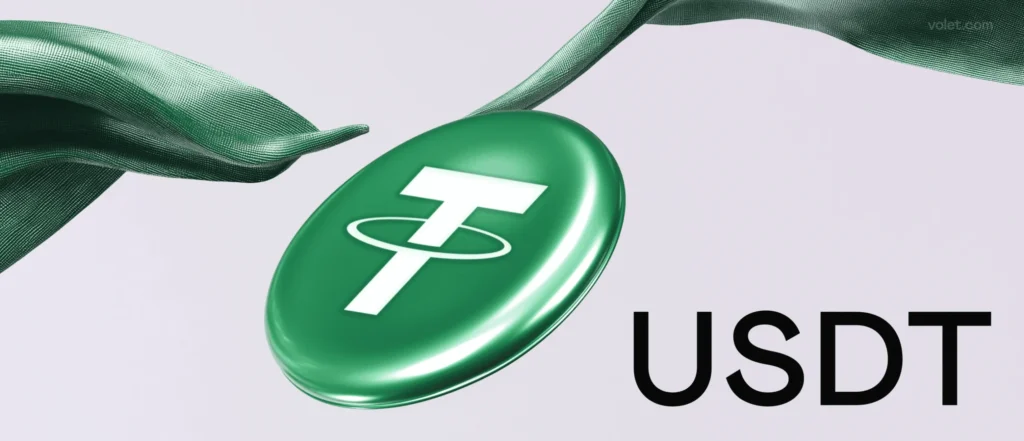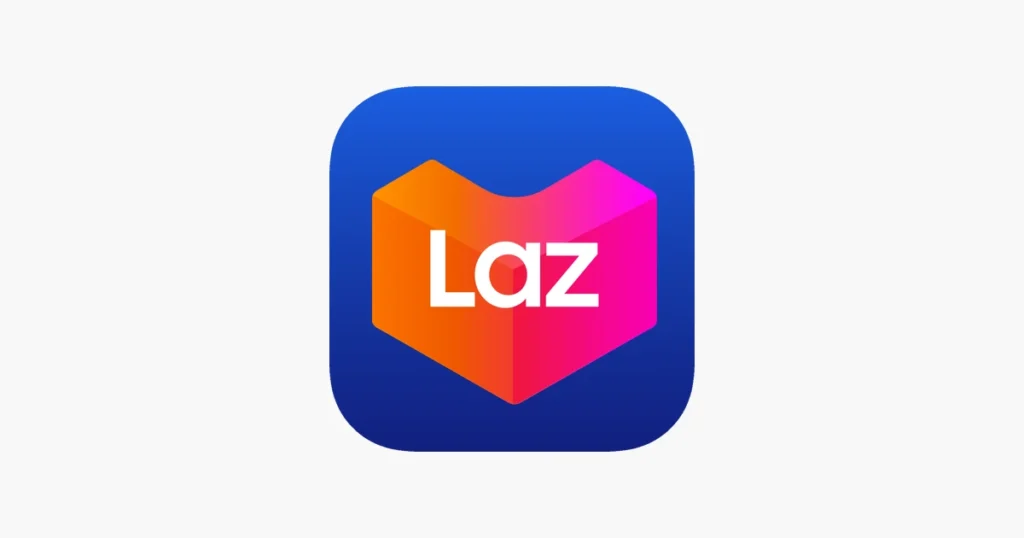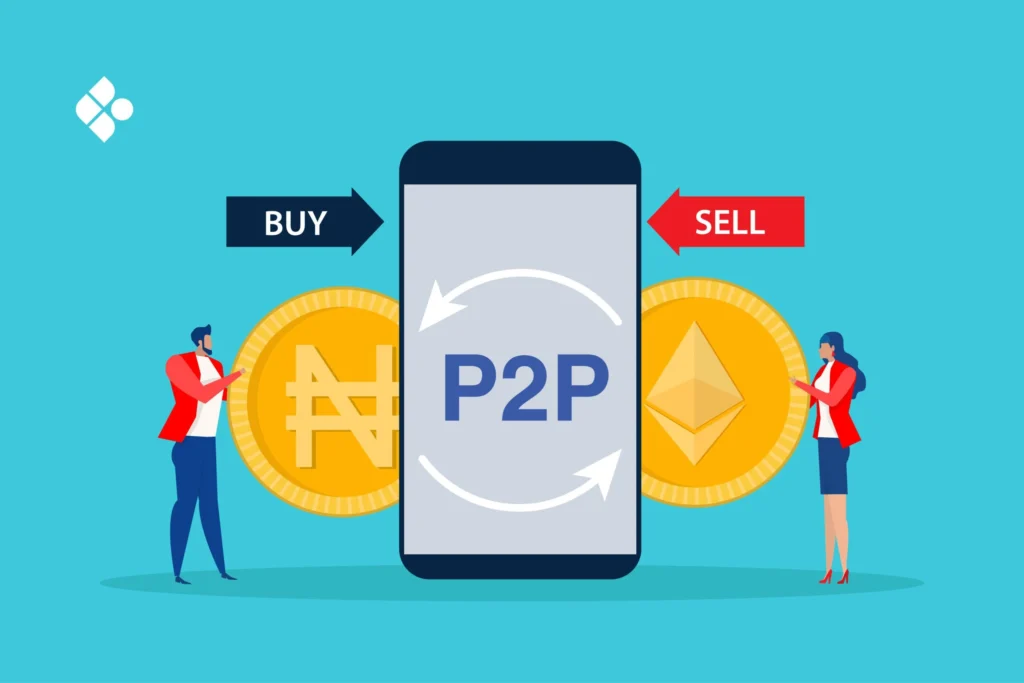Why USDT Is Quietly Taking Over Thailand’s Crypto Scene in 2025
USDT in Thailand: The Stablecoin That’s Winning in 2025
Let’s be real—crypto in Thailand has always had a wild streak. From early Bitcoin adopters to NFT manias, Thai traders don’t shy away from risk. But in 2025? The spotlight’s not on flashy coins or memecoins anymore. It’s on USDT in Thailand, quietly but firmly becoming the backbone of the market.
Why USDT? Why now? It’s not just about price stability—though that definitely helps. It’s deeper than that. Let’s dig in.
USDT in Thailand: The Rise of USDT in Thailand’s Daily Transactions
If you’ve walked through Bangkok’s crypto cafes or browsed Thai crypto groups on LINE lately, you’ll notice a pattern—USDT is everywhere. It’s the preferred token for P2P exchanges, the default stablecoin on Thai crypto platforms, and even a common choice for freelancers getting paid from overseas.
Why? For one, it’s simple. USDT (Tether) is pegged to the US dollar, making it a haven when the baht wobbles or crypto gets volatile (which, let’s face it, happens a lot).
But that’s only part of the picture. According to local reports and Telegram chatter, many Thais are using USDT not just for trading, but for remittances, online shopping, and even short-term saving. Some say it feels safer than keeping money in traditional banks, especially for digital nomads or gig workers.

Why Thai Traders Trust USDT Over Other Stablecoins
USDT isn’t the only stablecoin in town, but it’s winning—fast. Why?
- Liquidity, baby. There’s always a buyer or seller for USDT, especially on platforms like Bitkub, Binance, and Satang. You don’t have to wait hours for a transaction to go through.
- Familiarity. USDT’s been around since 2014, and whether people love or hate Tether, it’s known. It’s the “Coca-Cola” of stablecoins—trusted because everyone else is using it.
- Low friction. You can send USDT across multiple chains now—TRC-20 is especially hot in Thailand due to its super low fees. A few baht and your funds are flying.
Sure, some critics still call Tether “sketchy” due to transparency concerns. But let’s be honest—most users don’t care. They just want their money to move, fast and reliably. And in that respect, USDT in Thailand works.

Businesses Are Catching On—Slowly But Surely
Here’s the interesting part. While individuals are adopting USDT like crazy, businesses in Thailand are a bit slower on the uptake.
Still, some early movers are making waves. A few tech-savvy cafés in Chiang Mai already accept USDT, and there are whispers of online sellers on Shopee and Lazada offering discounts for crypto payments (off-platform, of course). Cross-border e-commerce stores? Way ahead of the game.
And as regulations loosen—thanks to Thailand’s more crypto-friendly policies in 2025—we’re likely to see more SMEs joining the stablecoin bandwagon.


Wait, What About the Law?
Good question. In 2025, Thailand’s regulatory stance on crypto is clearer than ever. USDT is legal to trade and hold, though it’s not officially considered legal tender (so don’t expect to pay your electric bill with it… yet).
But here’s the kicker: the government has not cracked down on P2P use of stablecoins like they have in some neighboring countries. That gives USDT a unique edge—it’s semi-official, but very usable. A kind of legal gray zone that works, especially for young traders and remote workers.

Credit from : Breet
Is This Just a Phase, or a Long-Term Trend?
Some say Thailand’s love for USDT is just a trend, tied to the current economic mood. And maybe they’re right.
But the signs say otherwise. Stablecoins are getting more utility, not less. New Thai platforms are launching with USDT as the default asset. And the younger generation? They’re comfortable moving between baht and USDT like it’s second nature.
Add in global uncertainties and local inflation pressures, and… well, USDT in Thailand might not just be a phase—it might be the foundation.
Final Thoughts: USDT in Thailand Isn’t Flashy—But It Works
No, USDT doesn’t promise moonshots or meme hype. It won’t make you rich overnight. But for Thai users in 2025, it works. And that reliability—especially in a market known for chaos—is exactly what people are after right now.
So whether you’re a Thai trader, an online worker, or just someone looking for stability in an unstable world, USDT in Thailand might be the quiet solution you didn’t know you needed.




